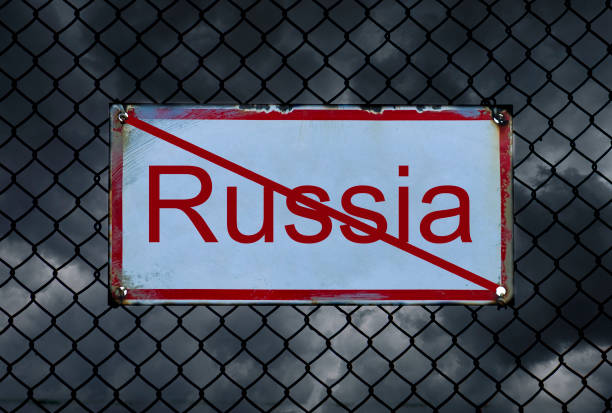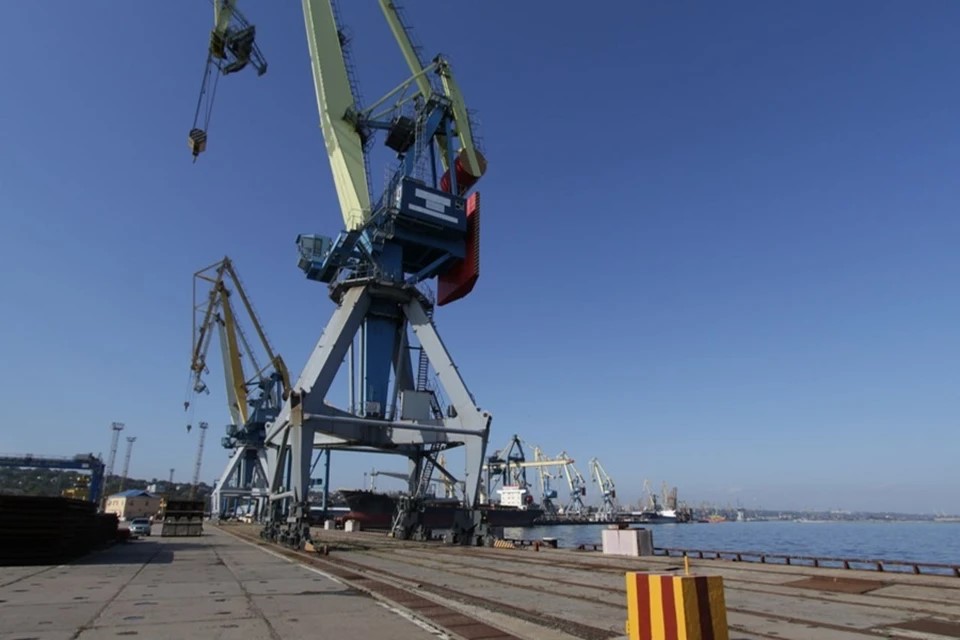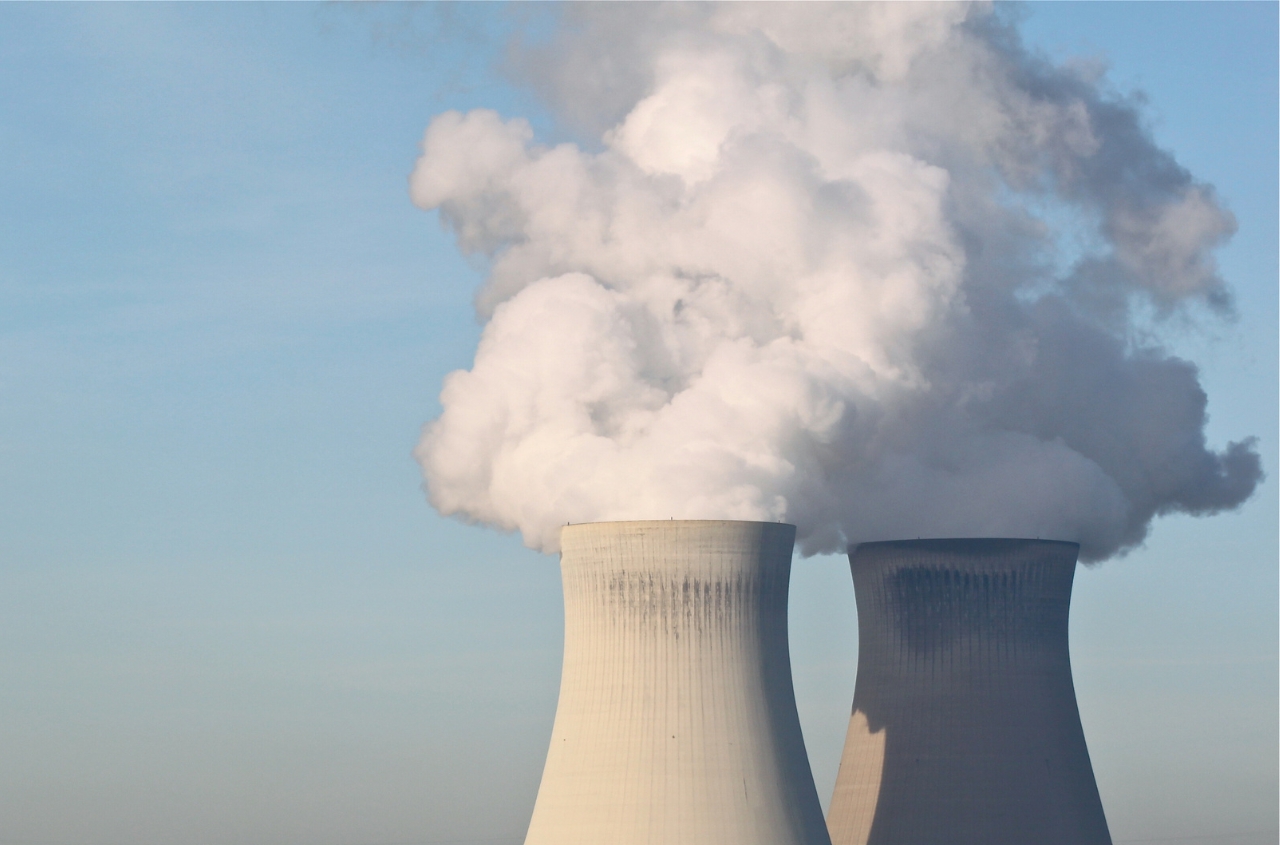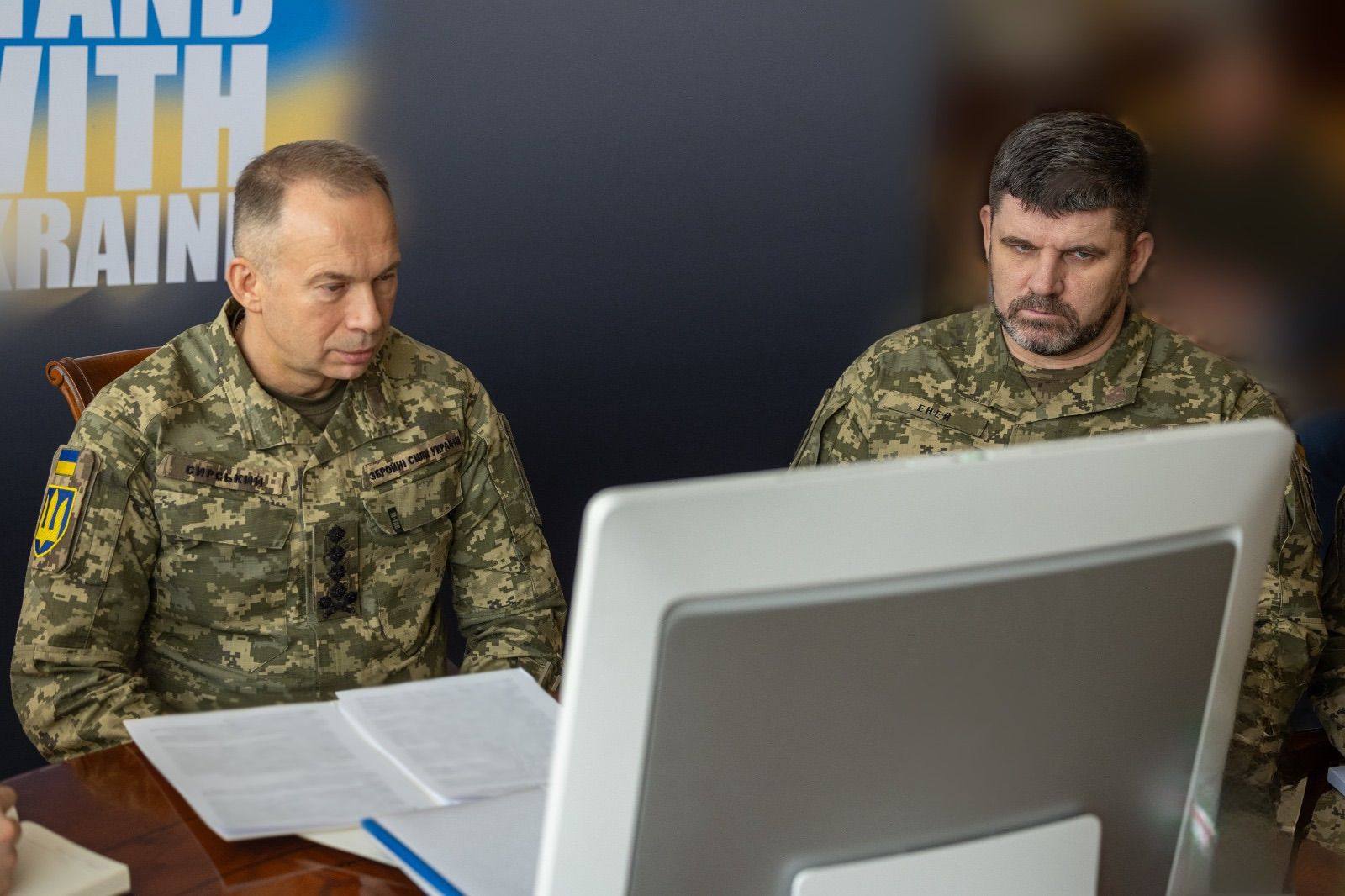The Finnish government plans to increase defense spending to three percent of GDP by 2029, which means an annual budget increase of 1.5–2 billion euros due to the threat from Russia.
Lithuanian Interior Minister Vladislav Kondratovich stated that his country needs about 120 million euros to strengthen security at the border with Russia.
Russian companies are facing increasing problems with salary payments. As of the end of April 2025, overdue wage arrears in the country reached 1.482 billion rubles, the highest level since 2021. Compared to December, the amount of delayed payments increased by 65%, and compared to April 2024, it surged by 240% (3.4 times). Almost all salary delays (over 99%) are linked to organizations' "lack" of own funds. The number of employees who did not receive their wages on time increased 1.5 times over the year.
The Russian authorities cannot cope with the flow of smuggling and counterfeit goods despite the widespread introduction of product labeling. In 2023, the share of illegal trade in goods in the country was 8.9%. Over four years, the illegal goods market grew by one and a half times — by 58%. Causes include Western sanctions, legalization of parallel imports, rising inflation, a moratorium on business inspections, and the growth of marketplaces. 40.4% of the shadow market turnover is attributed to retail stores, 37.3% to marketplaces and online stores, and 22.3% to markets and fairs. The share of counterfeit goods in perfumery and cosmetics reaches 40%, and in the laptop and smartphone market — 20–30%. The counterfeit problem remains acute in the food industry, children’s products, and pet food.
The median cost of a classic shawarma in Russian public catering increased from 269 to 374 rubles. This is 39% more than a year earlier. The 105-ruble price increase is the highest in the last three years. Key reasons for the price rise include higher ingredient costs, increased logistics and rent expenses, and wage indexation in the public catering sector.
Exports of vegetable oil from Russia continue to decline — in January–May, it amounted to 2.72 million tons, which is 19% less compared to the same period last year. In particular, shipments of sunflower oil fell by a quarter — to 1.87 million tons, and soybean oil decreased by 38% to 227 thousand tons in January–May.
Shareholders of Severstal approved at the annual meeting the recommendation not to pay final dividends for 2024.
In 12 Russian regions — Kaluga, Tula, Tver regions, Kalmykia, and others — residents have begun to be held accountable for posting photos and videos on social media showing drone strikes and their consequences. Fines are imposed on both individuals and media outlets. The first fine for individuals ranges from 1,000 to 5,000 rubles, for legal entities — from 50,000 to 200,000 rubles, and in the Volgograd region legal entities may face sanctions up to 1 million rubles immediately. In the Kaluga region, by early June, 42 protocols had already been sent to court.
Due to a shortage of planes and fears of flying abroad, Russians have massively switched to countryside trips.
Mikhail Maltsev, head of the Ural Tourism Association, stated that the cost of trips to Russian resorts will continue to rise. The price of a week-long tour per person already averages 75,000 rubles including airfare, and this year the cost will exceed 100,000 rubles per person. Hotel accommodation prices will rise by 15–18%, airfare by 20–22%, and sanatorium stays by 15%. Reasons for the price increases include inflationary processes, higher food and electricity costs.
After June 30, all foreign citizens entering Russia through any checkpoint will be required to undergo fingerprinting and have their photographs taken, according to a Russian government decree.
All information related to migrant children's education in Russian schools, including personal data of the child and parents; Russian language test results; information about enrollment and expulsion; information about requests to educational organizations by foreign nationals included in the registry of controlled persons will be transferred to the Ministry of Internal Affairs departments.
Russia has yet another emergency: in the Kazachinsky district of Krasnoyarsk Krai, a motor ship traveling with two barges sank in the Yenisei River due to a hole in the fuel tank — 30 tons of fuel oil spilled along a 20 km stretch of the shore.
In Russia, the incidence of deadly Haemophilus infection in children, which affects the respiratory organs and central nervous system leading to pneumonia, meningitis, and sepsis, has increased by 12,400%. Due to the war against Ukraine, Russia is experiencing a shortage of vaccines for measles, rubella, chickenpox, and other infections, caused by the cessation of supplies from international pharmaceutical companies and low stocks in Russian hospitals. Russian manufacturers have proven unable to cover domestic vaccine needs.
Sales of MAZ trucks in Russia continue to decline amid the overall market fall. In May of this year, MAZ sold 266 trucks in Russia, which is 41% less than last year.
Despite shortages and rising prices of potatoes and other agricultural products for the local population, Lukashenko stated that Belarus is ready to supply necessary food to the Kaliningrad region, including "even the poor potato."
Lukashenko again stressed the need to increase the productivity of Belarusians and the competitiveness of produced goods: "We have people to learn from. Let's be honest, Europeans are doing great in this regard."




















